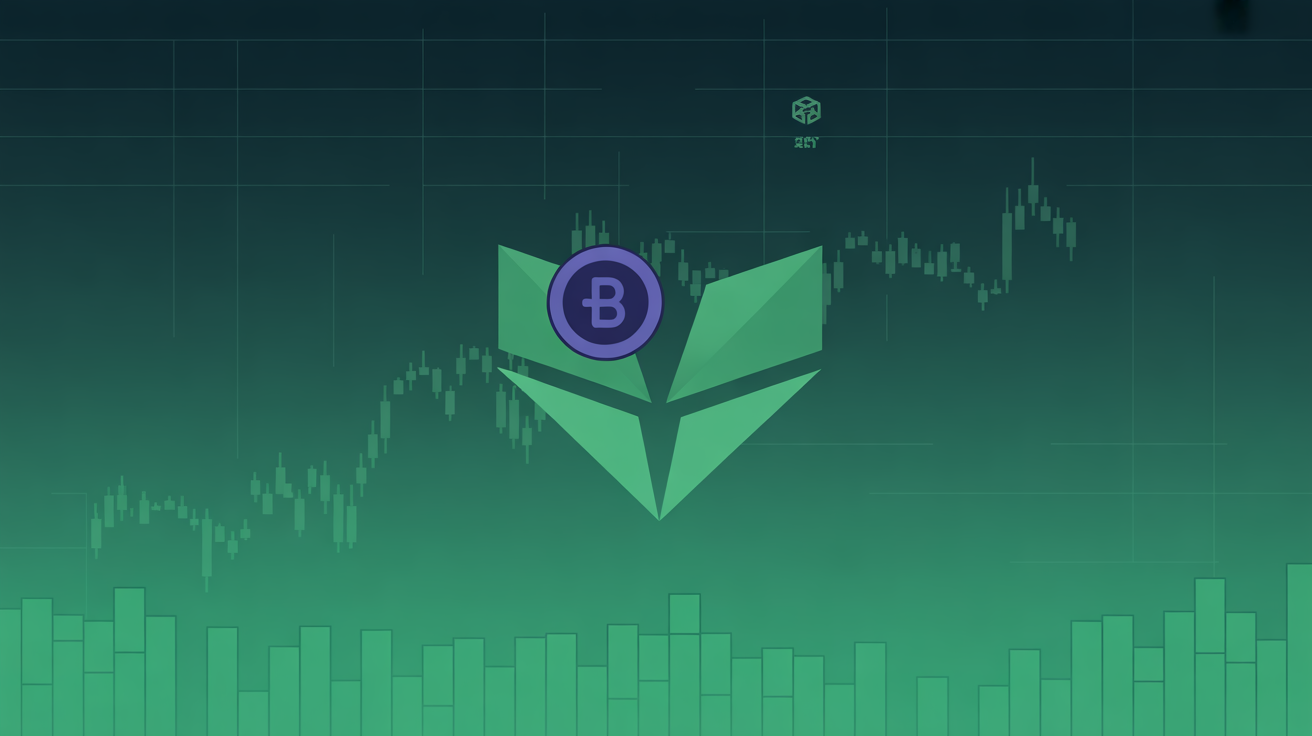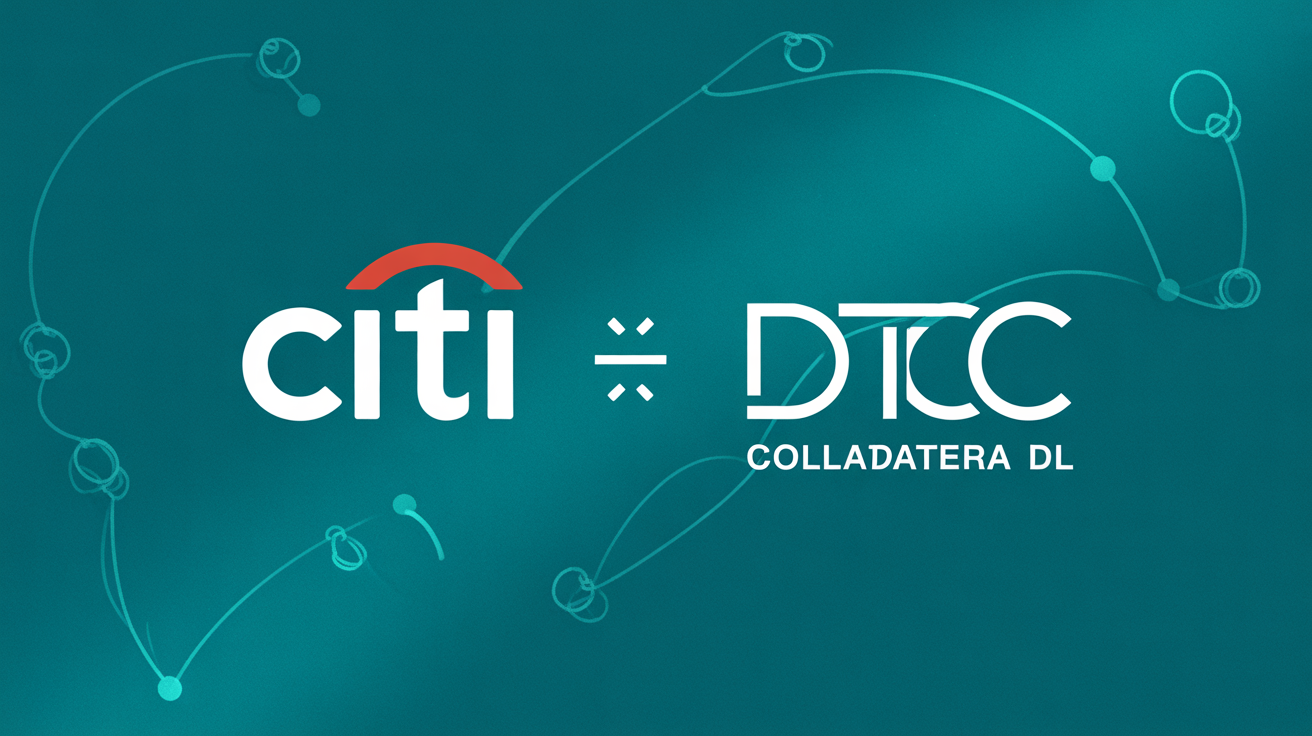Bitcoin’s mining difficulty has reached a new all-time high of 110.45 trillion, marking yet another milestone in the cryptocurrency’s evolution. This means it is now 110.45 trillion times harder to mine a block than it was during Bitcoin’s genesis block in 2009.
The mining difficulty, which adjusts every 2,016 blocks, ensures that new blocks are mined approximately every 10 minutes. The latest adjustment marks the eighth consecutive positive change, intensifying the competitive environment for miners as the process of earning bitcoin rewards becomes more challenging.
This increasing difficulty has pushed some publicly traded mining companies to diversify their operations. For instance, MARA Holdings (MARA) has issued convertible bonds to purchase bitcoin and optimized revenue by lending out bitcoin to earn single-digit yields. Other mining firms have shifted into adjacent industries like high-performance computing (HPC) and artificial intelligence (AI) to sustain profitability.
Such streaks of consecutive positive adjustments are rare but not unprecedented. A similar trend was observed in mid-2021, following China’s mining ban, which caused the network’s hashrate to plummet by 50%. From July to November of that year, bitcoin saw nine consecutive positive adjustments, with the final adjustment coinciding with the bull market peak when bitcoin hit its then-record of $69,000. What followed was a prolonged bear market throughout 2022.
Conversely, in the 2017-2018 cycle, bitcoin experienced 17 positive adjustments from December 2017, when the price peaked near $20,000, until mid-2018. After a brief negative adjustment in July 2018 at around $6,000, the network recorded six more consecutive positive adjustments before multiple negative adjustments in late 2018, when bitcoin bottomed near $3,000.
While there’s no definitive pattern linking consecutive positive adjustments to market tops or bottoms, historical data suggests such streaks often occur near critical turning points in the cycle. The current strength of the network, with a 7-day average hashrate of 775 EH/s, underscores its robust health.
CoinDesk research suggests that the network could reach a milestone of 1 zettahash per second before the next halving, further solidifying its growth and resilience.





























